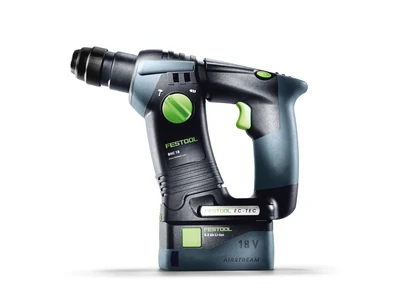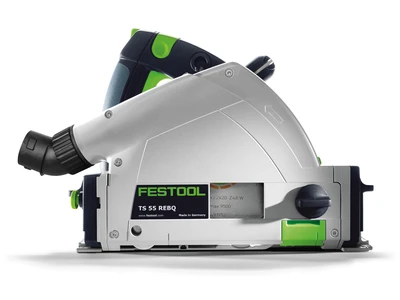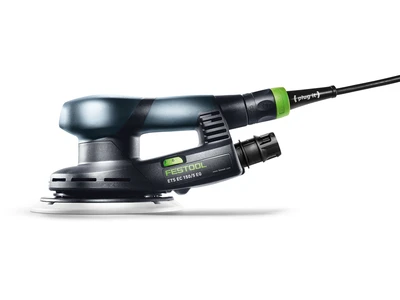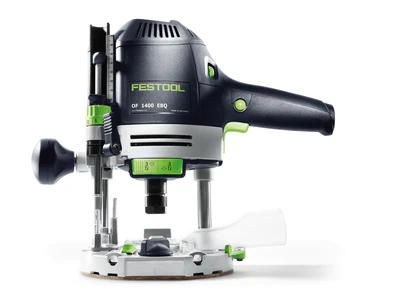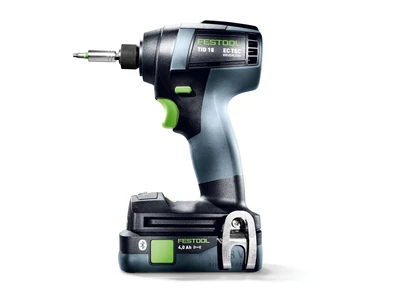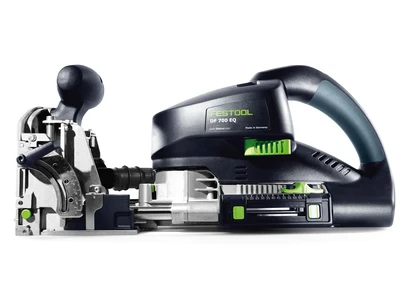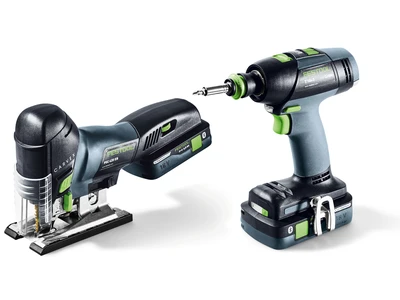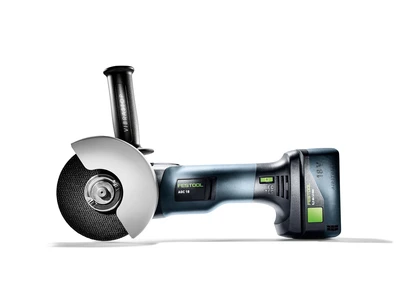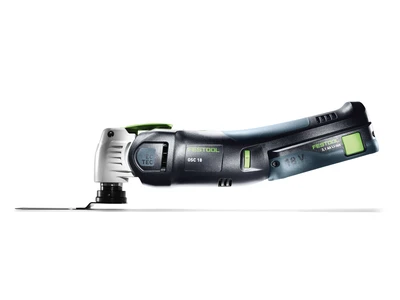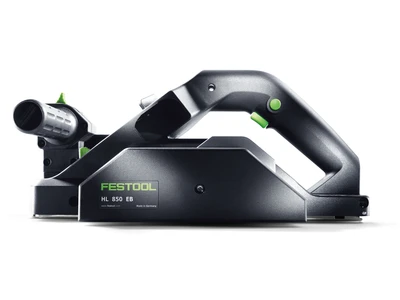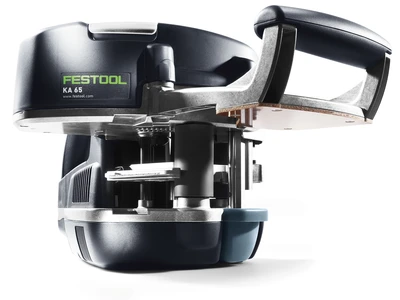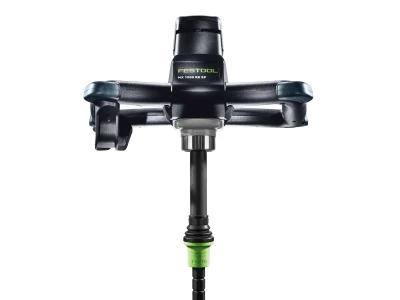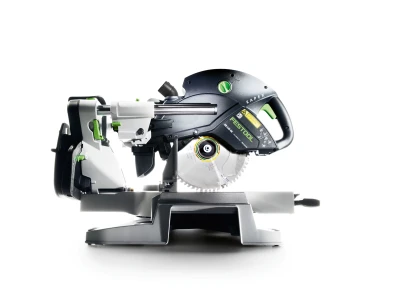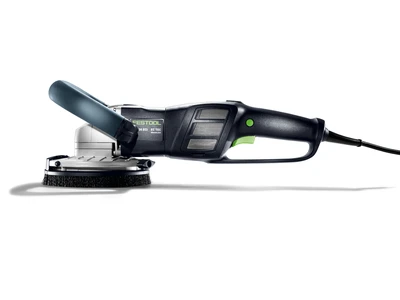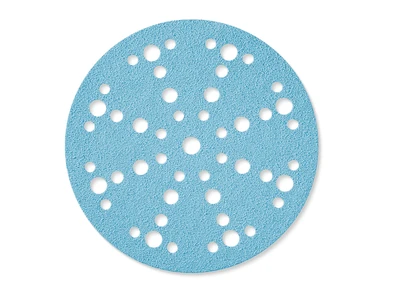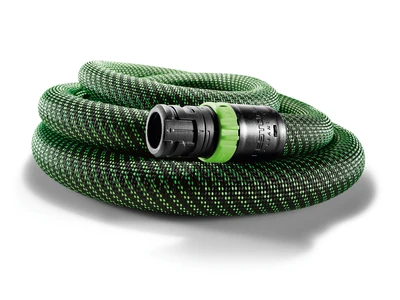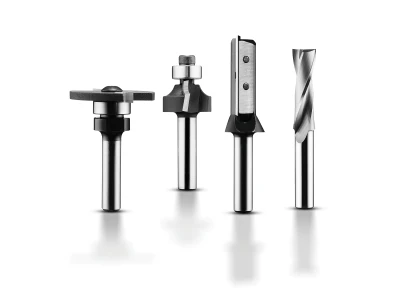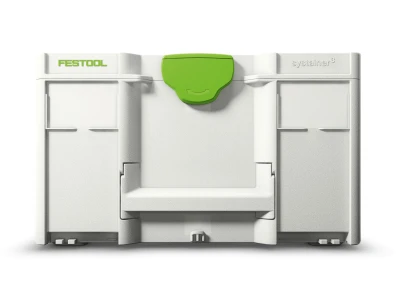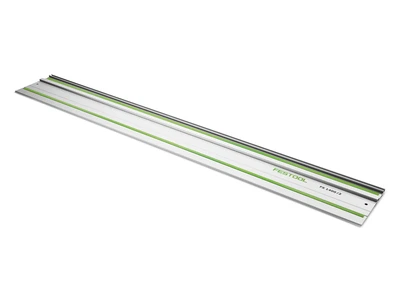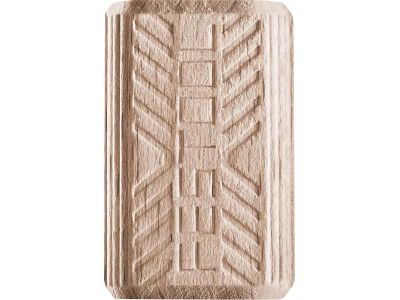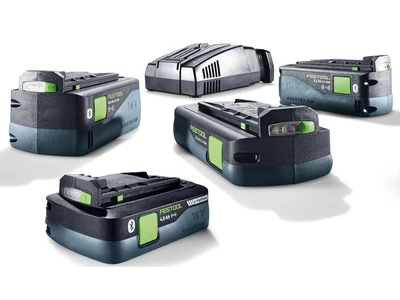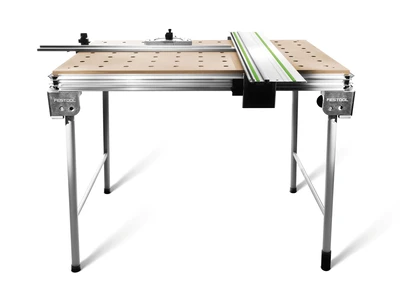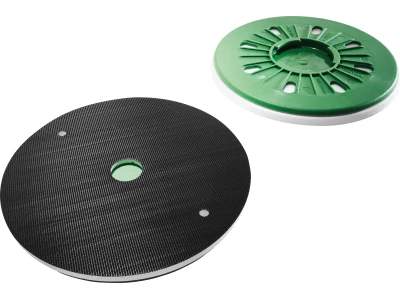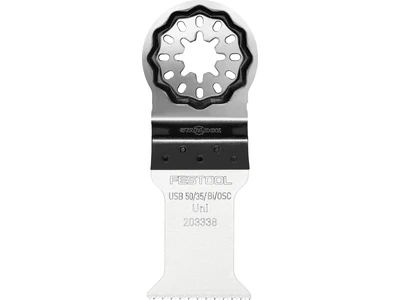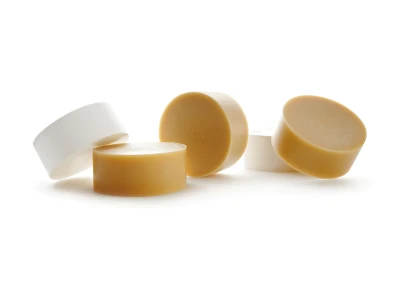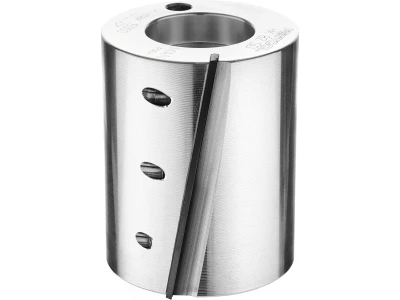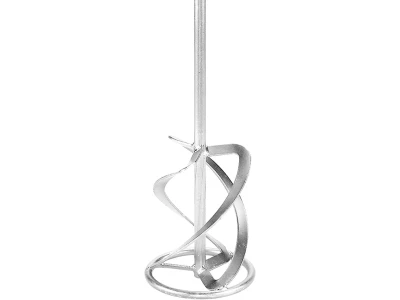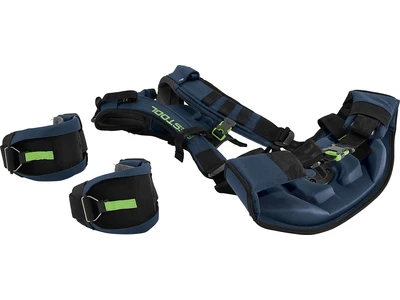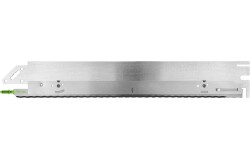Cutting insulation between rafters with the ISC 240 insulation saw
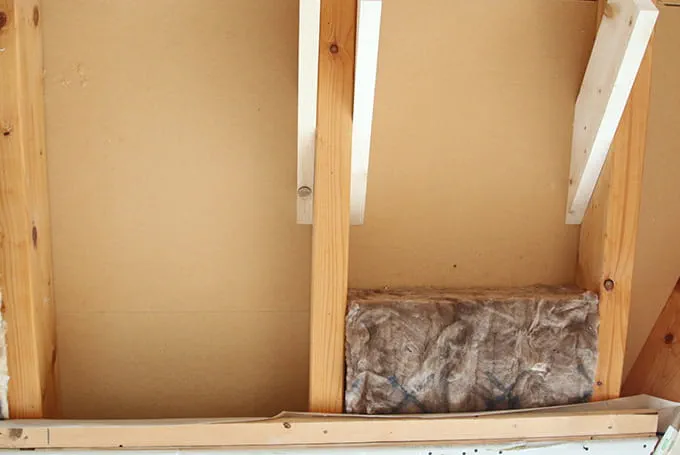
Description
When installing the insulation between the rafters, care must be taken to ensure that the insulating material fills all hollow spaces. Therefore, the right cut is very important. Incomplete installed insulating material leads to structural damage due to condensation and mould growth. In the case of pincer constructions or other components in the compartment, the insulation between the rafters must be cut accordingly. These details can even be created quickly and easily with the ISC.
Material list
- Board or pasteboard (= rafter height) for template
Tools/accessories
Preparation/set-up
-
Template production
A board (OSB here) or pasteboard is cut to the rafter width (or width of the insulation between the rafters). Then mark the pincers.

-
Template for pincer cut-out
Pincer width is marked on the template.

-
Cutting the template
Cut off the upper end with a saw.

-
Changing the cutting set
It may be necessary to use the longer cutting set to cut inclined cuts in the insulation between the rafters. If necessary, change the set according to the instructions in the operating manual.

Procedure
-
Measuring the compartment width
Measure the compartment width and add extra for better clamping (1 cm here).

-
Adjusting the angle stop width
The required dimension can be read off the scale and fixed accordingly.

-
Cutting insulation between rafters
Position the insulating material on the adjusting stop and cut the insulating material with the ISC using the guide rail slide.

-
Measuring the remaining dimension for pincers

-
Applying the remaining dimension to the template

-
Positioning templates and cutting into insulation between rafters
Here, the insulation between the rafters is cut directly to transfer the position marking of the templates. Alternatively, a permanent marker (Edding) can be used to make the markings – cutting is no longer necessary.

-
Positioning for bevel cut
The template can also be used to make the bevel cut.

-
Making the bevel cut
The template can now be used as a guide when cutting.

-
Pincer recess
The cut-out for the pincers is now made on the counterpart. The template can also be used here for positioning.

-
Pincer recess
Cutting the recess freehand with the ISC.

-
Installation part 1
After cutting the insulation between the rafters, the cut parts can be installed.

-
Installation part 2
After cutting the insulation between the rafters, the cut parts can be installed.

-
Our illustrated guides and work results are documented working steps that we have performed in practice. They are individual examples and do not guarantee or promise that users will obtain the same results. The results will depend on the user's experience and skill, as well as the material being used. Illustrated guides do not replace any Festool operating manuals and/or safety instructions. Liability for ensuring that the information, instructions and applications are free from content defects and defects of title, in particular with regard to the absence of defects, correctness, freedom from third party intellectual property rights and copyrights, completeness and fitness for purpose, is excluded. Claims for damages made by the user, regardless of their legal basis, are excluded. These liability exclusions are not applicable if the damage was intentional or caused by gross negligence, or in cases of statutory liability.
We cannot accept liability for damage resulting from defects.↑

